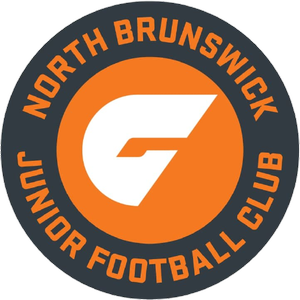Concussion Guidelines for Parents

Concussion is a mild brain injury, caused by trauma that results in temporary dysfunction of the brain. When it occurs a
child may experience symptoms and temporary loss of brain skills such as memory and thinking abilities. It is important
for parents of young athletes to be aware of possible signs of concussion which are often subtle.
The trauma causing concussion can sometimes be obvious, but at other times may be very subtle and hardly noticed.
Ask your child or an adult who were present whether they were unconscious, dazed or confused at the time of the
incident if they have some symptoms or signs. If a child with concussion returns to sport whilst still symptomatic, there
is an increased risk of further injury to the child. Therefore, no player who has concussion, or is suspected of having
concussion, should return to their sporting activity (training or playing) until cleared by a doctor.
Some of the possible symptoms of concussion:
– Headache
– Dizziness
– Fatigue
– Memory disturbance
– Nausea, vomiting and abdominal pain
– Altered or lost vision
– Ringing in the ears
Some of the signs you may observe:
– Loss of balance
– Pale complexion
– Slow or altered verbal skills
– Mental confusion and memory loss
– Irritability
– Poor concentration
– Inappropriate behaviour
You might think that your child is just not themselves! Think of concussion.
If you observe any of these symptoms or signs in your child see a doctor as soon as possible.
If you observe deterioration in these symptoms or signs go immediately to an accident and emergency
department at your nearest hospital.
Progression and Management
As a temporary brain dysfunction, concussion will resolve with time. This may vary from an hour or so to several days.
Occasionally the brain will recover even more slowly.
The best treatment is rest from physical activity and school. The child should be seen by a doctor who will monitor the
symptoms, signs and brain functioning. The doctor must clear your child to return to sporting activity and this will
usually involve a stepped approach with a gradual increase in activities over a few days.
The doctor may arrange a specialist opinion (if the concussion is slow to resolve) or cognitive testing (brain functioning).
If at any stage your child’s symptoms or signs are getting worse seek urgent medical attention.
Key Messages
1. Concussion is a temporary dysfunction of the brain following trauma
2. Suspect concussion if your child is irritable, complains of a headache, is sick, excessively fatigued or just not
themselves
3. Seek medical attention – urgently if the symptoms or signs are getting worse
4. Rest is the best treatment followed by a gradual return to physical activity and school-work
For more detailed information refer to the AFL brochure Management of Concussion in Australian Football and the
Coaches/Injury Management section of the AFL’s Community Development website www.aflcommunityclub.com.au.
